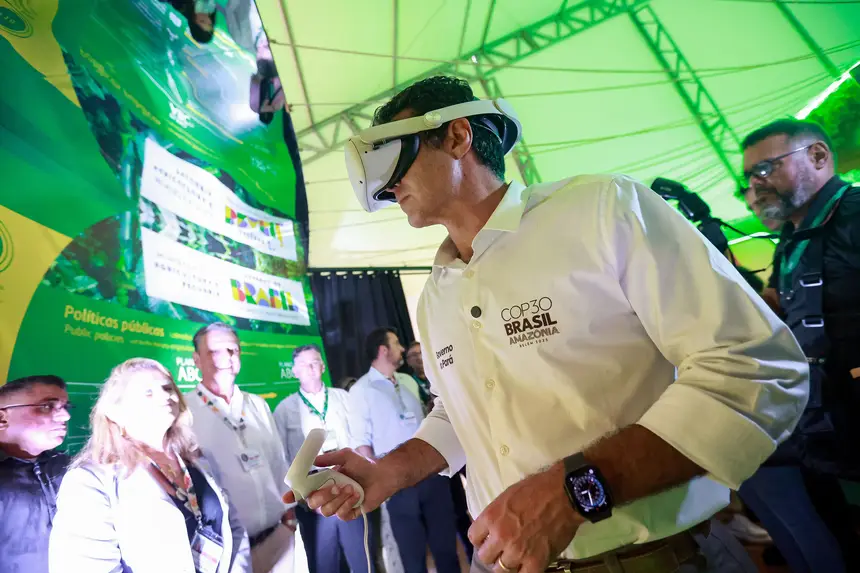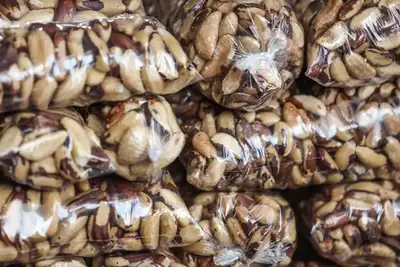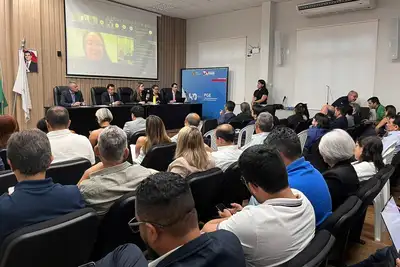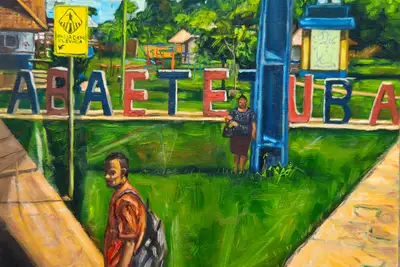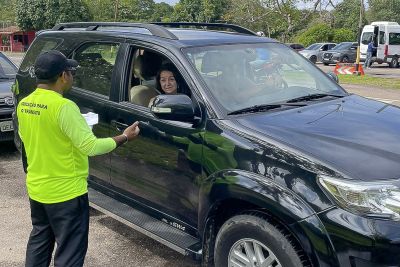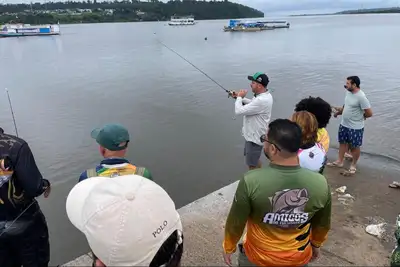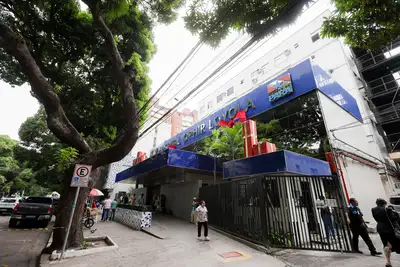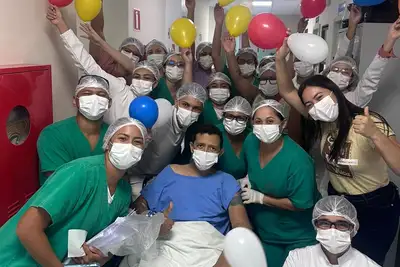Governor Helder Barbalho visits AgriZone and reinforces commitment to sustainable agriculture at COP30
Embrapa's space in Belém presents low-carbon technologies and innovation for agribusiness with socio-environmental responsibility
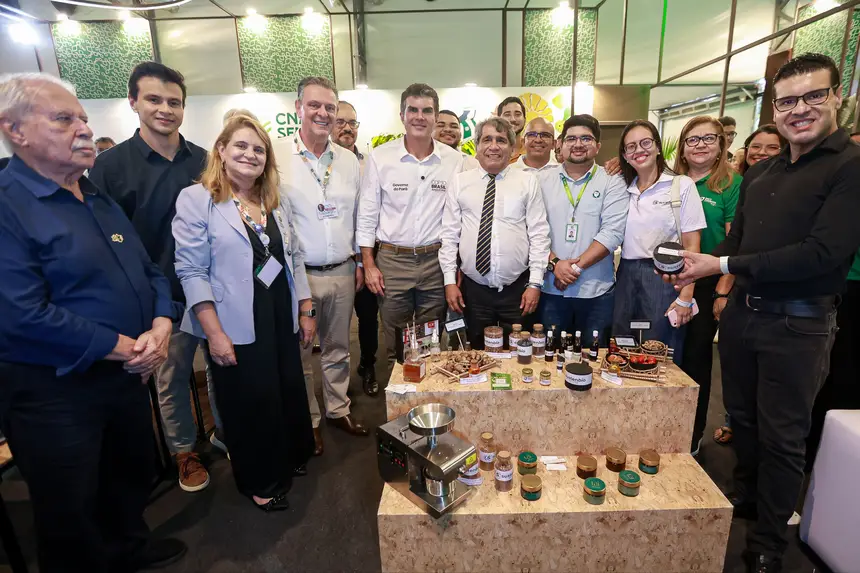
The governor of Pará, Helder Barbalho, participated this Wednesday (19) in the AgriZone program, a space organized by the Brazilian Agricultural Research Corporation (Embrapa) in Belém, in the context of the 30th United Nations Conference on Climate Change (COP30). The initiative brings together experiences, technologies, and solutions aimed at sustainable agriculture, strengthening the strategic role of Brazilian agribusiness with environmental responsibility.
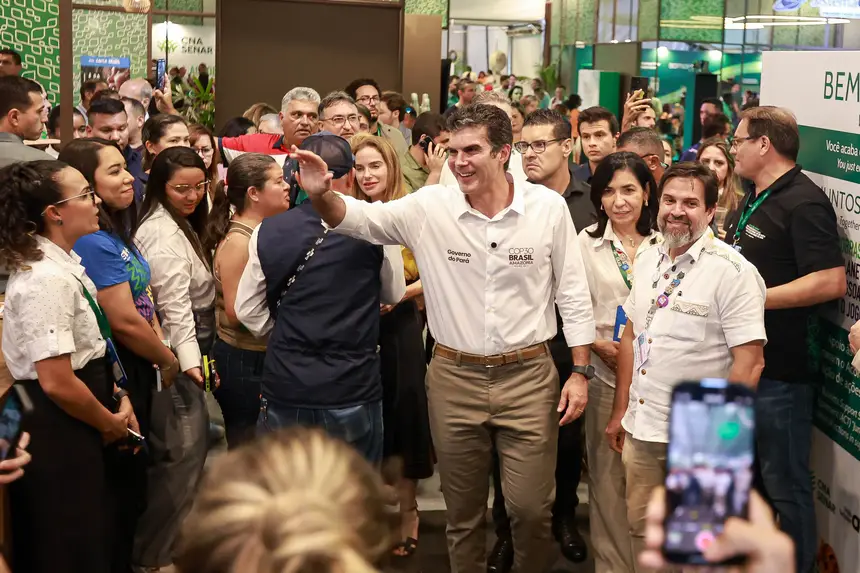
Accompanied by the Minister of Agriculture and Livestock, Carlos Fávaro, the governor toured the AgriZone booths and participated in the unveiling of the official plaque of the space. The program includes technological demonstrations, panels, and lectures addressing innovation, low-carbon technologies, and practices that make agricultural production more resilient to the effects of climate change.
“It is historic!” defined Helder Barbalho.
“This was a correct strategy of the Brazilian government, through Embrapa and the Ministry of Agriculture, in partnership with the Government of Pará, by allowing an accredited visitation space to present Brazil's good experiences,” he stated.
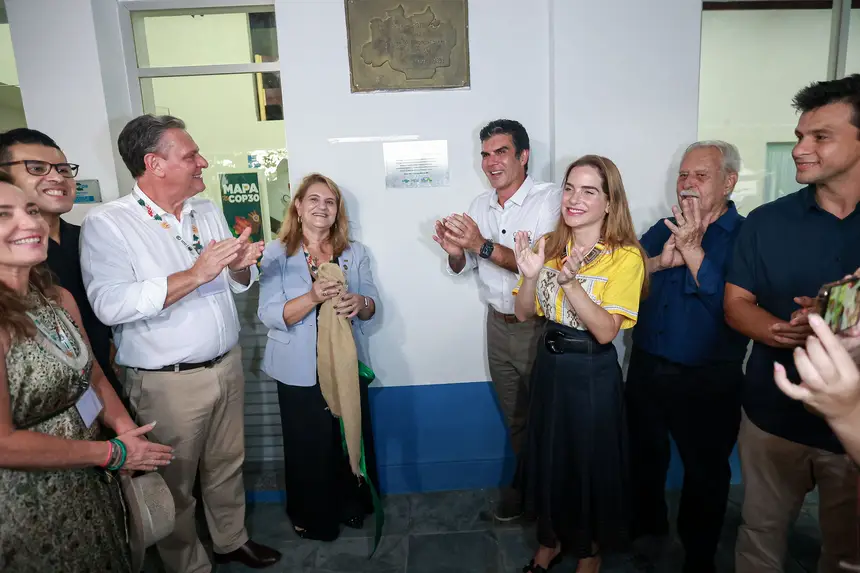
The governor also highlighted the country's role in global food security.
“Brazil has excellence in food production and can lead by example, with sustainable activities, environmental responsibility, innovation, and technology. This allows us to position the country as a strategic player, reconciling environmental preservation and productive development,” added Helder Barbalho.
Innovation and sustainable practices
Among the innovations presented to the head of the Pará Executive, one caught attention: a robot developed to facilitate the harvesting of açaí. The technology allows the equipment to climb açaí trees and cut the bunches, eliminating the need for manual climbing, reducing accident risks, and speeding up the production process.
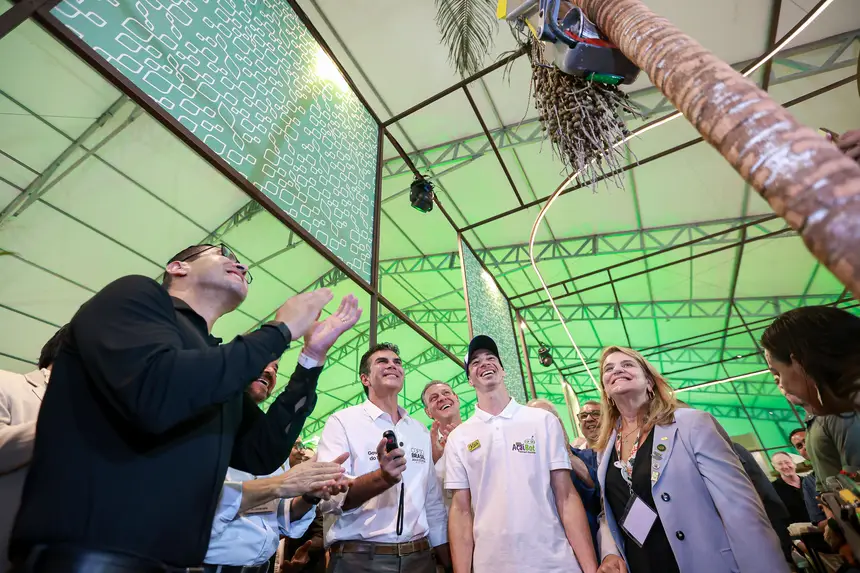
The delegation also visited the Sebrae booth, where a nursery with vegetable and herb crops without the use of pesticides was presented. The model reinforces the use of sustainable practices to stimulate local production, promoting health, food security, and environmental preservation.
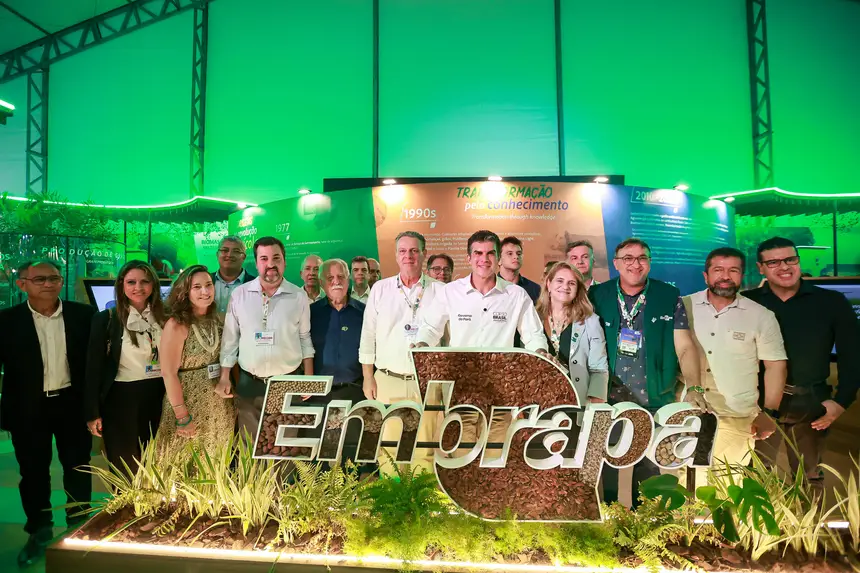
The AgriZone is part of the parallel program to COP30 and contributes to building pathways for a more balanced agriculture, focusing on climate resilience and valuing technologies that respect the environment.


